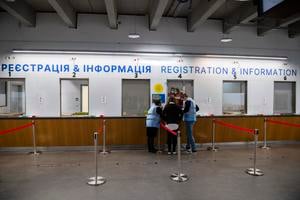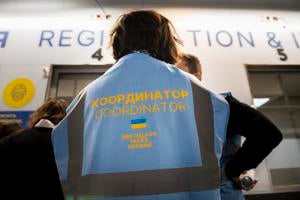A new large-capacity assistance centre to help refugees from Ukraine opened on the premises of the temporary bus station on Bottova Street in Bratislava, just opposite the Nivy bus station.
Administered by the capital in cooperation with the state, non-governmental organisations and private sector, the centre will operate nonstop and will provide complete assistance to refugees.
“The Russian invasion of Ukraine drove millions of people out of their homes, and some are seeking shelter in Bratislava as well,” said Mayor Matúš Vallo, as quoted by the TASR newswire, adding the Ukrainian is becoming the second most frequently heard language in the city.
Large-capacity centres are already working in Michalovce, Humenné and Nitra.
Foreigners’ Police also present
The new assistance centre should be able to serve up to 2,500 people a day.
Apart from food, refugees will find information, a space for relaxation, and points to process necessary documents. The Foreigners’ Police department will be present.
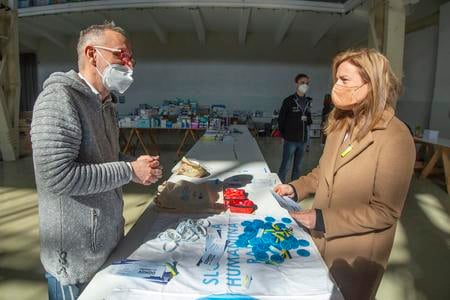
Refugees can find health, legal, psychological and social aid, and apply for material need benefits. There are also playing areas for children.
“In one place we provide the basic services and support that the people fleeing from the war need right after coming to the capital, so as to avoid unnecessary stress connected with the search for basic services and support,” Vallo added, as quoted by TASR.
The centre should soon feature a place where people from Ukraine will gather and provide support to one another.
More room for legal questions
Ukrainians can find legal assistance in the centre, which will be provided daily between 8:00 and 22:00. This includes questions related to applying for temporary shelter.
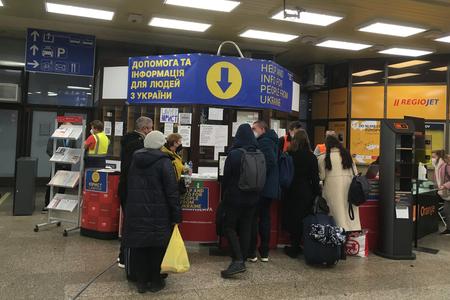
“There is no room for more detailed legal questions and a more private conversation at the first contact point at the railway station,” said Zuzana Števulová of the Human Rights League (HRL) non-governmental organisation, as quoted by TASR.
The centre should offer a space to discuss various topics, including the refugees being potential crime victims. The HRL has already been addressed by organisations collecting evidence on war crimes for potential court proceedings, so that they are ready to train lawyers and volunteers to acquire evidence and testimonies.



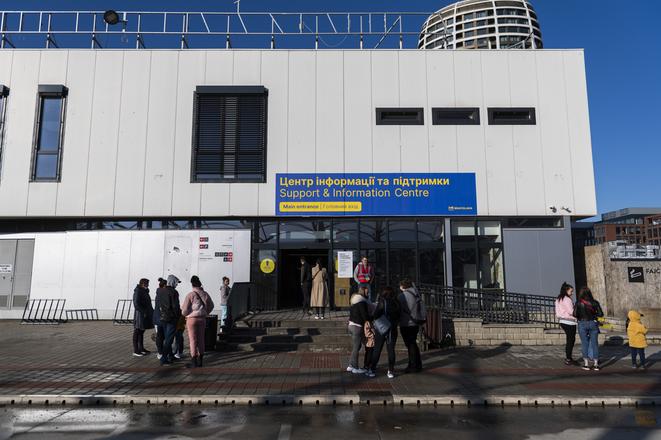 The new assistance centre opened in downtown Bratislava. (source: TASR)
The new assistance centre opened in downtown Bratislava. (source: TASR)

